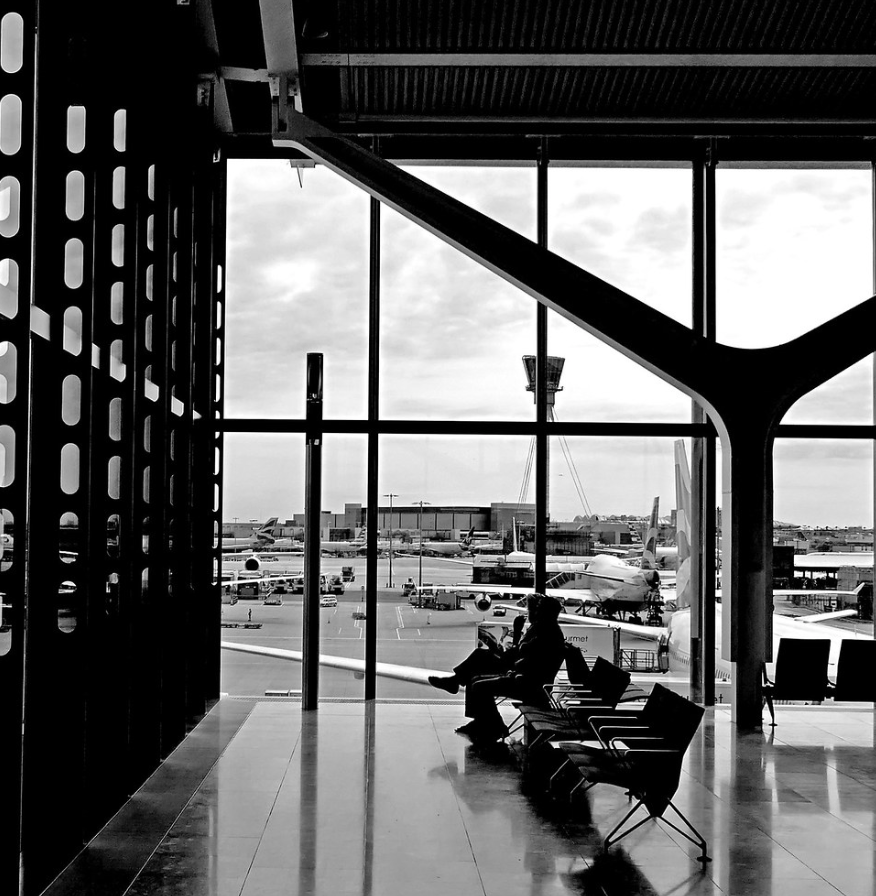The excitement around the Court of Appeal’s blocking the expansion of Heathrow airport is warranted by its celebration of legalistic exercise in environmentally targeted pragmatism and integrity. The blockage forced the expansion to be modified to align with the conditions of the Paris Accord, making it the first significant ruling of its kind in the world, a necessary and, as Green Peace have stipulated, ‘monumental’ notion. The New York Times have stated that this decision occupies ‘a new frontier for legal challenges’ in the increasingly environmentally afflicted global political conscience, as this could be the precedent for further rulings based on their environmental impact.
The biggest impression this will make globally is the reality of the UK’s commitment to meet the target of net zero carbon emissions by 2050, and the elevation of these pledges from political rhetoric to legal precedent.
And in a country where we have claimed a climate emergency, surely, if anything, the precedent this decision has the potential for should have come even sooner if we are truly determined to align our rhetoric with our actions.
I use the pronoun ‘our’ here as an emphasis on the collective popular conscience voiced by global leaders such as Greta Thunberg, but this decision wasn’t made from a clear universal conviction. It must be acknowledged, though, that there will be compromise in the business sector due to the potential loss of international rapport that could be garnered from Heathrow expansion, as it is one of the busiest airports in Europe. It is claimed by the Department for Transport that the runway would boost the wider economy by £61 billion and create 77,000 jobs by 2030; on an international level, the position on the global stage the expansion would allow for the UK is vital in a post-Brexit world. According to Heathrow’s chief executive John Holland-Kaye, quoted by the BBC: “without Heathrow expansion there will be no global Britain.” Transport Secretary Grant Shapps is quoted in the Guardian as saying “our manifesto makes clear any Heathrow expansion will be industry-led.” But with the country in the midst of a so-called environmental crisis, should industry be leading such important legal decisions? According to Lord Randell, the debate will allow Boris Johnson a unique moment for political idiosyncrasy in time for the UN climate summit in Glasgow in November. If Boris Johnson can dismiss future plans for the airport expansion, aligning with his previous strong position — even claiming he would lie under a bulldozer in opposition — it would credit himself and the Conservative party with significant political capital from environmental campaigners which is likely to prove vital in future years.
The owners of Heathrow airport, however, have appealed the decision separately from the government, meaning that, although the government is no longer legally implicated, it will still be an issue to resurface and occupy headlines in the not-too-distant future.
Whether the economic boost the expansion would have can outweigh the local noise, visual pollution, and significant loss of homes (761, including the entire village of Longford), is a balance to be observed in a domestic discourse. The ultimate takeaway from this decision, however, is that it announces that the UK is in the vanguard for basing political decisions around environmental impact, which history will certainly commend.

